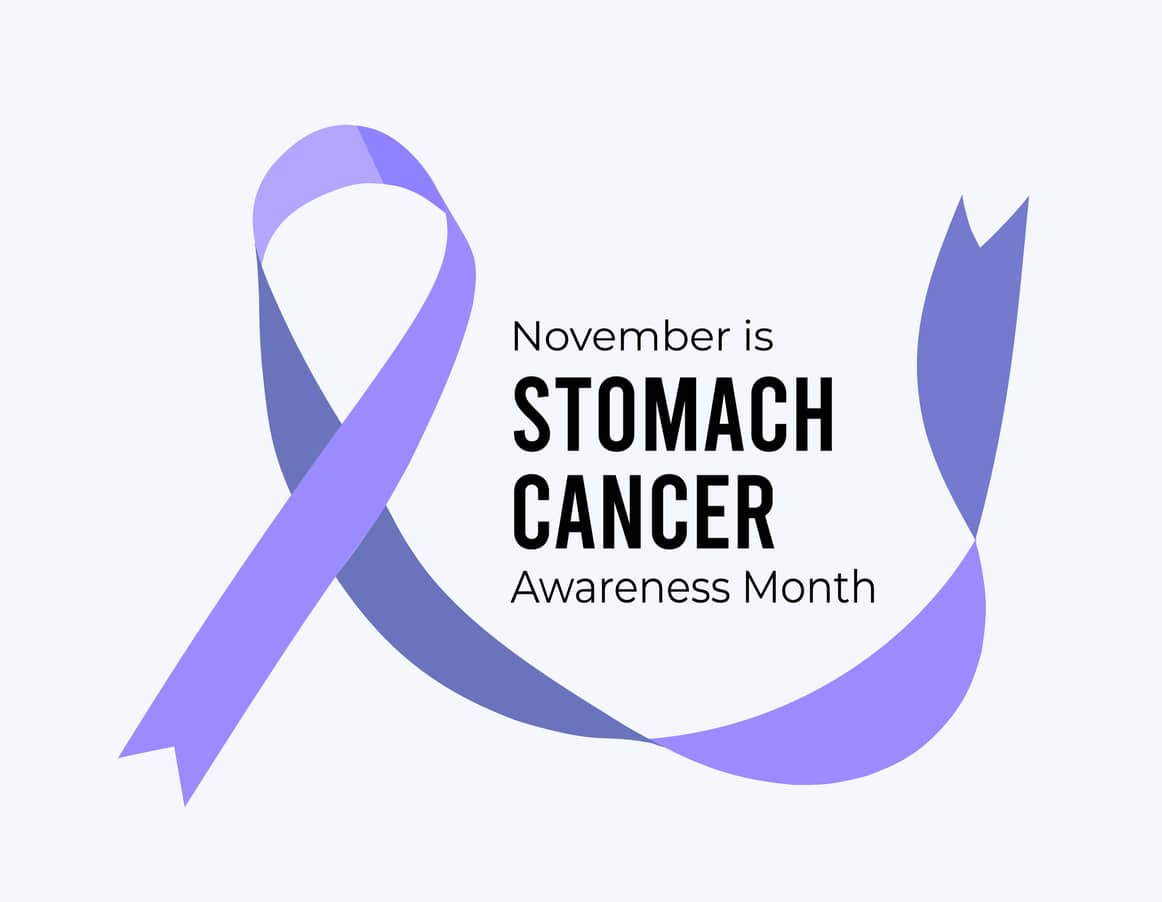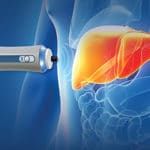Did you know that November is gastric cancer awareness month? This is a time to bring attention to the disease, which often goes undiagnosed until it's too late. Gastric cancer is the fifth most common cancer in the world, and it kills more than 700,000 people each year. In this article, we will discuss the early symptoms of gastric cancer, how it's diagnosed, and treatment options.
What is Gastric Cancer?
Gastric cancer is a type of cancer that affects the stomach. It develops slowly, often over the course of several years, and can be difficult to detect in its earliest stages. Common symptoms include:
- Abdominal pain
- Nausea
- Vomiting
- Blood in the stool or vomit
- Unexplained weight loss
If you experience any of these symptoms for more than 2 weeks, it's important to see a doctor right away. Even if it's not gastric cancer, it's important to get these symptoms under control.
How Common is Gastric Cancer?
Gastric cancer is fairly common, with an estimated 1 million cases a year worldwide. It's more common in men than women, and the risk increases with age. In the United States, it accounts for about 5% of all cancers.
Types of Gastric Cancer
There are several different types of gastric cancer:
- Adenocarcinoma - This is the most common type of gastric cancer, accounting for about 70% of all cases. It begins in the cells that line the stomach wall.
- Squamous cell carcinoma - This type of gastric cancer develops in the squamous cells that line the upper part of the stomach. It accounts for about 20% of all cases.
- Lymphoma - Lymphoma is a type of cancer that starts in white blood cells called lymphocytes. Gastric lymphoma is rare and accounts for only 5% or 6%of all cases of gastric cancer.
- Hereditary - There are some cases of gastric cancer that are hereditary, meaning they are passed down from one generation to the next.
- H. Pylori - Some types of gastric cancer are associated with the bacteria H. Pylori, which is commonly found in the stomach.
- Other types - There are other less common types of gastric cancer, including sarcomas (cancers that develop in muscle or bone), Merkel cell carcinomas (a rare form of skin cancer), and gastrointestinal stromal tumors (a type of tumor that develops in the wall of the stomach).
How is Gastric Cancer Diagnosed?
Gastric cancer is typically diagnosed using a combination of tests including blood tests, imaging studies such as CT or MRI scans, endoscopy (a procedure that uses a scope to examine the inner lining of the stomach), and biopsies.
Common Risk Factors for Gastric Cancer
While cancer can affect anyone at any time, there are certain things that can make one more vulnerable to gastric cancer. These include:
- Age - The risk of gastric cancer increases with age, especially after the age of 45.
- Gender - Men are more likely to develop gastric cancer than women.
- Genetics - A family history of gastric cancer can increase your risk.
- H. Pylori infection - Those with an H. Pylori infection are more likely to get gastric cancer.
- Smoking - While it's more commonly associated with lung cancer, smoking can also increase your risk of developing gastric cancer.
- Diet - A diet that is high in processed and smoked meats, as well as low in fruits and vegetables, has been linked to an increased risk of gastric cancer.
Treatment Options for Gastric Cancer
Treatment options for gastric cancer include surgery, chemotherapy, and radiation therapy. Depending on the stage of the cancer and other factors, a combination of these treatments may be recommended. In some cases, clinical trials may also be available.
Are Gastrectomies Necessary?
A gastrectomy is a surgery that removes all or part of the stomach. There are two types of gastrectomies: total and partial. A total gastrectomy removes the entire stomach, while a partial gastrectomy removes only a portion of the stomach.
There are pros and cons to both types of gastrectomies. A total gastrectomy is more invasive and carries a higher risk of complications, but it also offers a higher chance of cure. A partial gastrectomy is less invasive and carries a lower risk of complications, but it has a lower chance of curing the cancer.
Ultimately, the decision about whether to have a total or partial gastrectomy will depend on the individual case. Your doctor will help you weigh the pros and cons and make the best decision for you.
Talk with your Doctor
If you're concerned about the possibility of having gastric cancer, talk to the experts at Northeast Digestive. They can help you understand your risk factors and advise you on screening and other preventive measures. Early detection is key when it comes to treating any form of cancer, so it's important to be aware of your body and speak up if something doesn't feel right. If you're experiencing any gastrointestinal issues, don't wait, get in contact with Northeast Digestive today.




